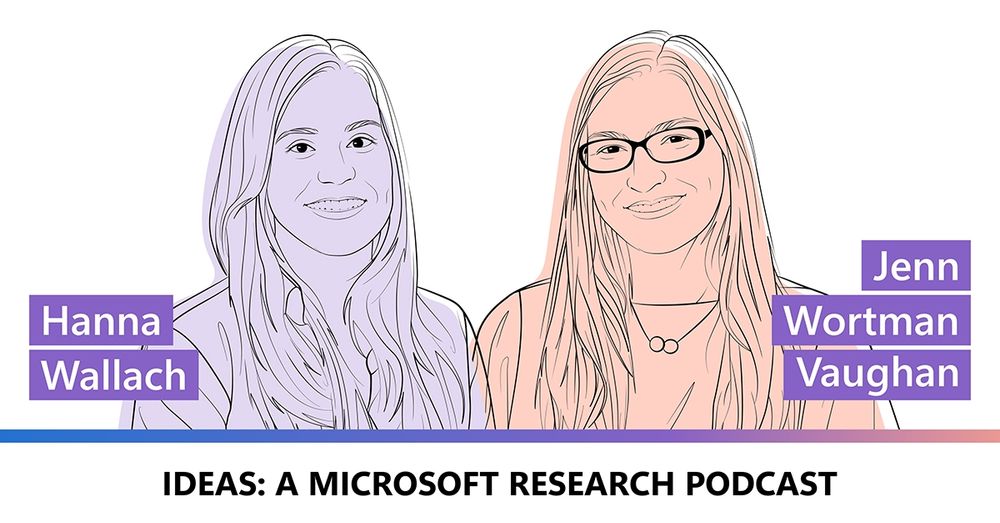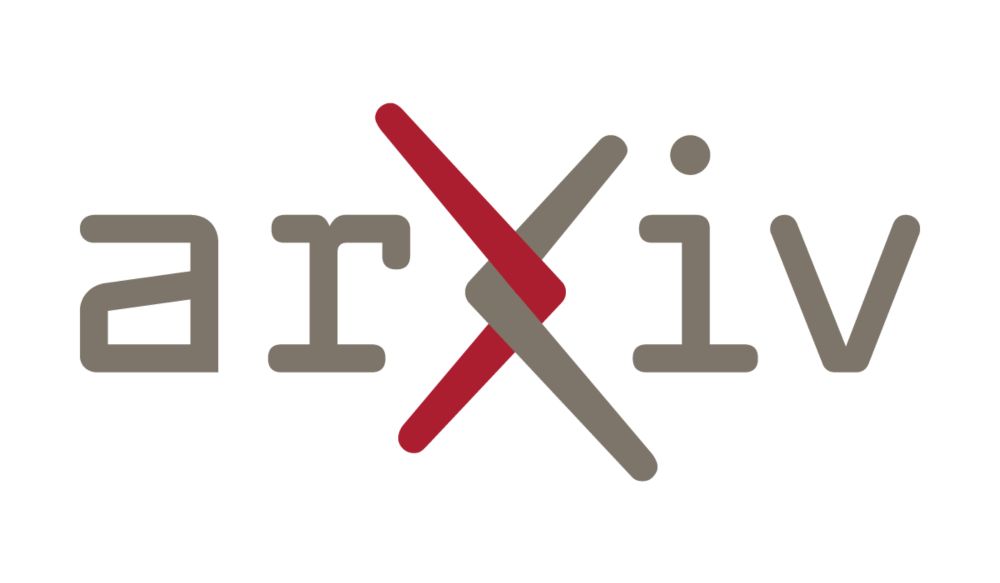
VP and Distinguished Scientist at Microsoft Research NYC. AI evaluation and measurement, responsible AI, computational social science, machine learning. She/her.
One photo a day since January 2018: https://www.instagram.com/logisticaggression/ ..
more
VP and Distinguished Scientist at Microsoft Research NYC. AI evaluation and measurement, responsible AI, computational social science, machine learning. She/her.
One photo a day since January 2018: https://www.instagram.com/logisticaggression/
Hanna Megan Wallach is a computational social scientist and partner research manager at Microsoft Research. Her work makes use of machine learning models to study the dynamics of social processes. Her current research focuses on issues of fairness, accountability, transparency, and ethics as they relate to AI and machine learning. .. more
Reposted by Hanna Wallach
Oral: 3:30-4pm PST, Upper Level Ballroom 20AB
Poster 1307: 4:30:-7:30pm PST, Exhibit Hall C-E

Reposted by Hanna Wallach

@neuripsconf.bsky.social this year??? #NeurIPS2025 🤖☃️
Reposted by David Rothschild
FATE postdocs: apply.careers.microsoft.com/careers/job?...
And internships with our close collaborators at STAC: apply.careers.microsoft.com/careers/job?...
@msftresearch.bsky.social in NYC!!! 🎉
Internship w/ FATE: apply.careers.microsoft.com/careers/job?...
Internship w/ STAC on AI evaluation and measurement: apply.careers.microsoft.com/careers/job?...
Postdoc w/ FATE: apply.careers.microsoft.com/careers/job?...
Reposted by Hanna Wallach, David Rothschild
FATE postdocs: apply.careers.microsoft.com/careers/job?...
And internships with our close collaborators at STAC: apply.careers.microsoft.com/careers/job?...
Reposted by Hanna Wallach

Work led by @hannawallach.bsky.social + @azjacobs.bsky.social
arxiv.org/abs/2502.00561
Reposted by Suresh Venkatasubramanian, Jacob Montgomery
Reposted by Joanna Bryson

(6/6)
(5/6)

